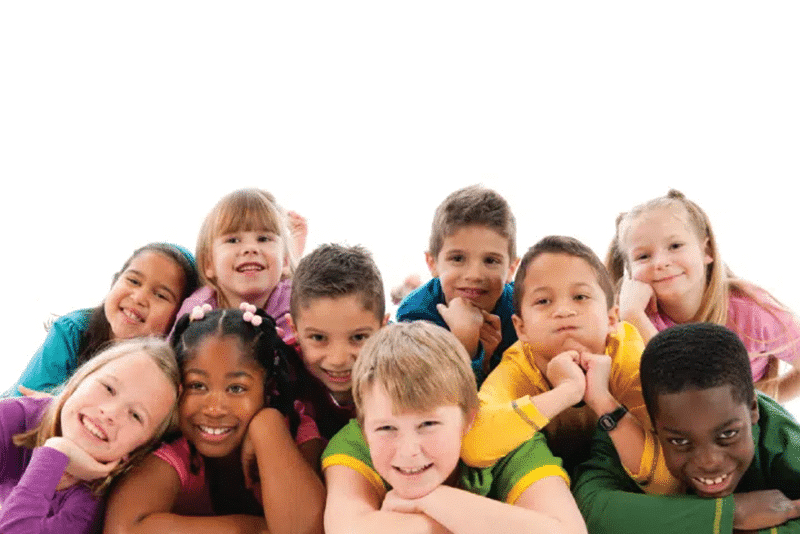French-language education
A world of possibilities!
Discover the benefits

Success and well-being
French-language schools value students’ success and well-being, fostering their learning and resilience in the face of challenges. They encourage students to develop a positive self-image, which contributes to their well-being. What’s more, these schools produce a high rate of graduates.
TO FIND OUT MORE:


Sustainable bilingualism
FLE pupils and students outside Quebec learn and live in French, while evolving in a world where English predominates. What’s more, English is taught from elementary school onwards with the same rigor as in English-speaking schools.
Graduates become fully bilingual citizens, opening up a world of possibilities. This means they can apply to French, English or bilingual post-secondary institutions.
A growing body of scientific research shows that bilingualism confers cognitive advantages on children, can be learned with a high degree of competence throughout life, and offers a neuroprotective effect right up to the end of life.
Employability
The high level of bilingualism of students and their connection to the French-speaking community, combined with their frequent interaction with the English-speaking majority, open up promising career prospects in both official languages, both in Canada and abroad.


Enriched cultural environment
The plural Francophonie that characterizes French-language educational institutions in minority settings in Canada enriches the cultural life of students and encourages openness to the world.
Experience it for yourself!
The FLE experience is very different from the immersion programs offered by English-language schools.
- In French-language schools, the student learns in French, whereas in immersion schools, the student learns French!
- The learner evolves in a French-language environment in French-language schools, while learning French as a second language in immersion programs.
- At the French-language school, all subjects are taught in French, except English, which is taught with the same rigor as in English-language schools. The immersion program includes the teaching of French as a second language and the teaching in French of certain other subjects.
